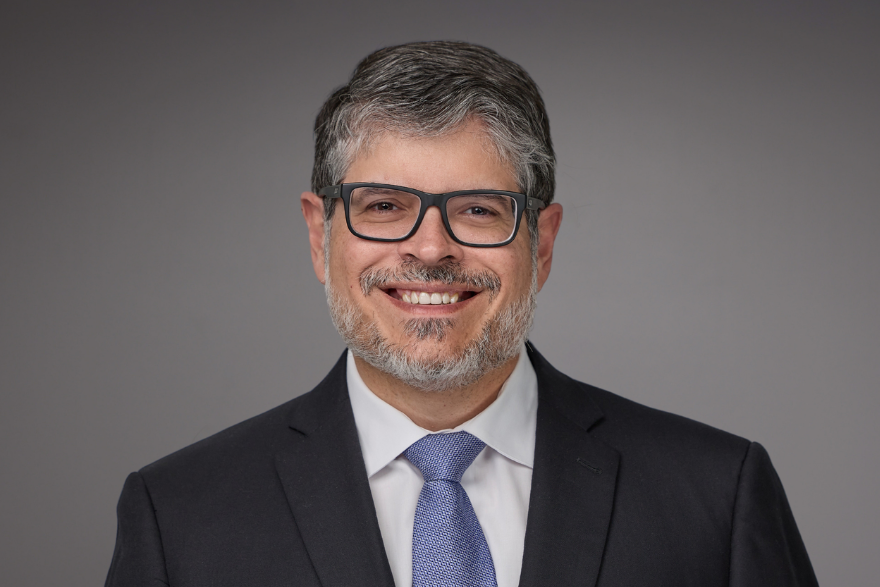September 18, 2025
Improv Classes: The Unconventional Tool for Sharpening Legal Acumen

In the legal world, where every case and courtroom can bring surprises, one lawyer found an unusual but effective way to enhance his litigation skills: improvisational theater. Known for its quick-thinking and spontaneous performances, improv might not seem like a go-to training ground for attorneys. However, as one civil defense trial lawyer discovered, the benefits extend far beyond the stage.
Back in 2013, the lawyer, plagued by shyness and stage fright, realized that his fears could push him to the sidelines of his own career. After finding limited success with conventional public speaking groups like Toastmasters, he took a leap into what he described as the "shark tank" of improv classes. Over 16 weeks, encompassing two rounds of courses, he not only faced his fears but also participated in performances that taught him invaluable courtroom skills.
The classes began with the basics: breathing and voice control, crucial for projecting confidence and calm in court. But the core lessons came from the principles of improv itself. "Yes, and," a fundamental improv rule where participants build on each other's contributions, taught him to adapt swiftly to developments in the courtroom. Embracing whatever scenario unfolds without resistance mimics the unpredictability of legal proceedings.
Moreover, the lawyer learned to work with what he had—a skill that parallels handling the unexpected evidence or arguments in trial. Improv trained him to think on his feet, react in real-time, and pivot strategies seamlessly, mirroring the dynamics of a trial.
Perhaps one of the most significant takeaways was turning setbacks into opportunities. If a line or scene doesn't go as planned in improv, there's no stopping—the show must go on. This resilience is equally applicable in the courtroom, where attorneys must continuously adapt and steer cases strategically, despite unforeseen challenges.
Stepping out of his comfort zone also helped the lawyer overcome imposter syndrome, bolstering his confidence in his professional role. The supportive, non-judgmental environment of improv provided a safe space to grow and experiment, qualities that are often scarce in the high-stakes legal field.
While improv might not be the traditional path for legal training, the skills it hones are directly transferable to the courtroom. Most major cities offer improv classes during evenings or weekends, making them accessible for professionals. The lawyer's experience underlines that sometimes, the best way to enhance your professional skills is to step entirely out of your field—and perhaps, even join an improv troupe. Whether for professional development or personal growth, improv offers a unique toolkit for any lawyer ready to take their skills to the next level.